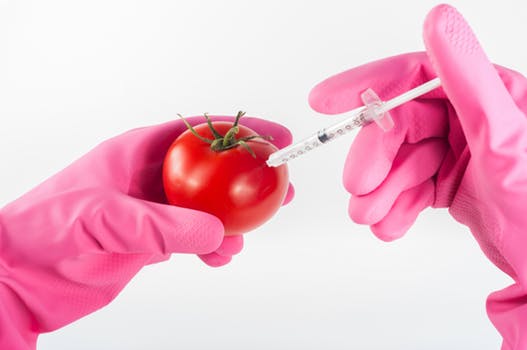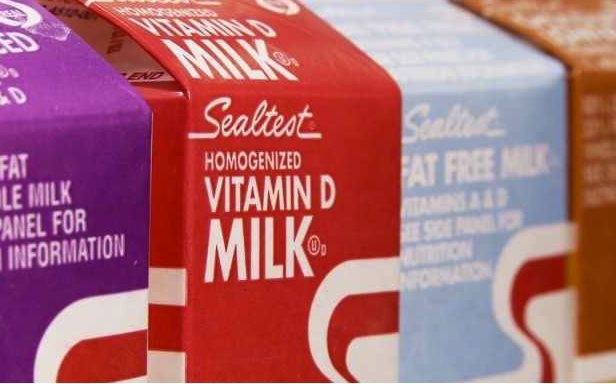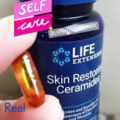Why Older Americans Are ‘Hooked’ on Vitamins & Supplements
It is a common practice for doctors, especially general practitioners in America to prescribe vitamin supplements for older patients. Some do this consciously or unconsciously largely because earlier studies have linked the intake of certain vitamins and supplements to lower risk of some conditions while others see it as the golden rule based on their training or practice by respected superiors. According to a study published last year in the Journal of Nutrition, more than half of Americans take vitamin supplements, including 68 percent of those age 65 and older, according to a 2013 Gallup poll. Among older adults, 29 percent take four or more supplements of any kind. The big question on the minds of most public health stakeholders in America is why are older Americans hooked on vitamins and supplements?
- The Media
The Media is the single biggest contributor to the vitamins and supplements frenzy in America, from relentless Tv ads , to billboards and coercive internet adverts fueled per social media. In his book Vitamania: Vitamins in American Culture , Rima Dombrow Apple chronicled the role of the media in the creation of the endemic culture of hyper- consumption of vitamins and supplements and its impact on different strata of the American society. Today, among the major players, in the over 40 billion dollar industry, advertising is fierce and mostly targeted at the elderly, fueling impulse buying and a culture of life dependence. SEE:Does Abidec Make Babies Gain Weight?
- Reliance On Discredited And Outdated Studies .
The continuous reliance on outdated and discredited studies by physicians is another major reason why older Americans have become addicted to vitamins and supplements. For decades, many physicians were prescribing vitamin E and folic acid to patients based on the findings of preliminary studies in the early 1990’s which linked both supplements to a lower risk of heart disease. However, rigorous clinical trials have found that neither vitamin E nor folic acid confers any advantage on the cardiovascular system. To further complicate matters, new studies have linked high-dose vitamin E to a higher risk of heart failure, prostate cancer and death from any cause. SEE: How Good Are Life Extension Supplements
- Faulty Nutritional Assumptions
According to Dr Kramer, a major part of the vitamins and supplements problem, could be that much nutrition research has been based on faulty assumptions, including the notion that people need more vitamins and minerals than a typical diet provides; that high doses are always safe; and that scientists can boil down the benefits of vegetables like broccoli into a daily pill. Studies have established that populations that eat a lot of fruits and vegetables tend to be healthier than those who don’t. For centuries vitamin rich food have been shown to cure diseases related to vitamin deficiency. Oranges and limes were famously are known to prevent scurvy in vitamin deprived individuals.
4. Ignorance About Food Fortification
Most American food are highly fortified, these fortification includes vitamin D in milk, iodine in salt, B vitamins in flour, calcium in some brands of orange juice, to mention just a few. By consuming these foods even without realizing it, someone who eats a typical lunch or breakfast “is essentially consuming a multivitamin. According to Professor Lichtenstein, of the Friedman School of Nutrition Science at Tufts University, although the Western diet has a lot of problems — too much sodium, sugar, saturated fat and calories, in general — it’s not short on vitamins.
- The Culture of Quick Fix in America
The false notion that vitamins and supplements consumption is the solution to virtually all health challenges is exacerbating the growing vitamin dependence by not just the elderly American, but a significant percentage of the American population. The promotion of vitamins and supplements as the cure for all manners of chronic and acute conditions are rarely the solution and are actually part of the problem. SEE: Renerve Plus Tablet Uses And Side Effects










